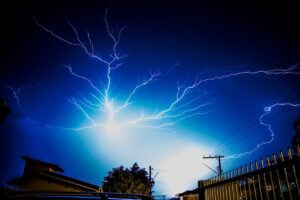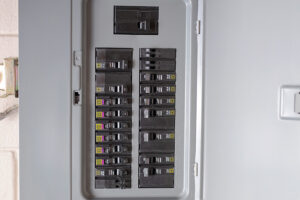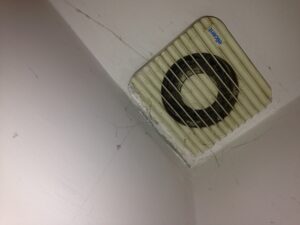Circuit breakers are an essential safety feature in every home, safeguarding against electrical malfunctions that could lead to fires or appliance damage. For homeowners, understanding how circuit breakers function helps explain their role in keeping homes safe and electricity running smoothly. This guide will walk through how circuit breakers work, what they do, and how they prevent hazards like electrical fires.
How Circuit Breakers Work
A circuit breaker is a crucial part of your home’s electrical system. But what do circuit breakers do exactly? Circuit breakers protect your electrical system by automatically cutting off power when the current is too high, interrupting the flow of electricity when needed. Each circuit is connected to a breaker, which “trips” and stops the flow of electricity if the current exceeds its rating.
Here’s how it works:
- Flow of Electricity: Electrical power enters your home through a service panel or circuit breaker panel, often referred to as a breaker box or fuse box. The circuit breaker box contains several individual breakers, each controlling the flow of electricity to a particular part of the house.
- Overload Protection: When you plug in too many devices or appliances, or if an electrical component malfunctions, it can draw more current than the circuit is designed to handle. This is known as an overload. When this happens, the circuit breaker trips, cutting the power to prevent damage to the wiring and electrical devices.
- How Circuit Breakers Trip: Inside each breaker is a spring-loaded mechanism that’s held in place by an electromagnet or bimetallic strip. When an overload or short circuit occurs, the excess current heats the strip or activates the magnet, releasing the spring and causing the breaker to trip. This stops the flow of electricity instantly, avoiding potential dangers.
Resetting a Circuit Breaker: Once tripped, the breaker must be manually reset by switching it back to the “on” position after determining and resolving the cause of the overload.
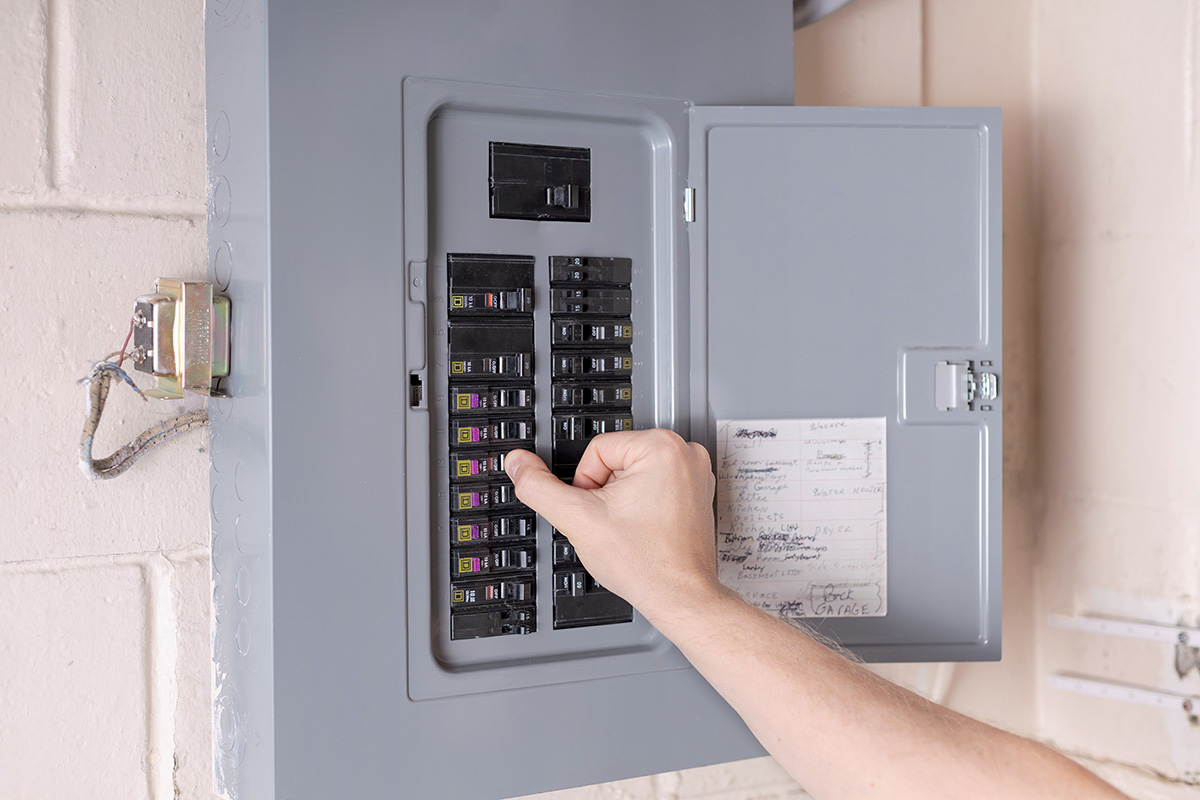
Do Circuit Breakers Prevent Fires?
A question many homeowners ask is, do circuit breakers prevent fires? The answer is yes, and this is one of the main reasons they are installed in every modern home. Circuit breakers protect our homes by shutting down electrical systems when they detect issues, preventing overheating and potential fires.
How Circuit Breakers Protect Our Homes:
- Preventing Overheating: One of the major ways circuit breakers protect homes is by preventing wires and devices from overheating. Excessive current can heat up wiring, leading to melted insulation and possibly starting a fire. When a breaker trips, it cuts off the power, keeping wires from reaching dangerous temperatures.
- Guarding Against Short Circuits: A short circuit happens when an electrical current takes an unintended path, specifically due to two “hot” wires or between a hot and neutral wire. This often occurs due to damaged wires or faulty devices. This creates an excessive flow of electricity, which can quickly generate heat and sparks, causing a fire hazard. Circuit breakers detect short circuits and immediately interrupt the current, stopping this dangerous situation in its tracks.
- Arc Fault Protection: Some advanced circuit breakers, known as Arc Fault Circuit Interrupters (AFCIs), are designed to detect electrical arcs, which can occur when wires are damaged or improperly connected. Arcing produces intense heat, which can ignite surrounding materials. AFCIs trip the circuit as soon as they detect an arc, providing an additional layer of fire prevention. AFCIs are required in all newly built homes, particularly in living spaces like bedrooms.
- Ground Fault Protection: Ground faults occur when electricity flows through unintended paths, particularly through conductive materials like a person or water. Ground Fault Circuit Interrupters (GFCIs) are designed to protect against these dangerous situations. Commonly installed in areas like bathrooms, kitchens, and outdoor outlets, GFCIs shut off power instantly when they detect a ground fault, preventing potential electrical shocks and fires.
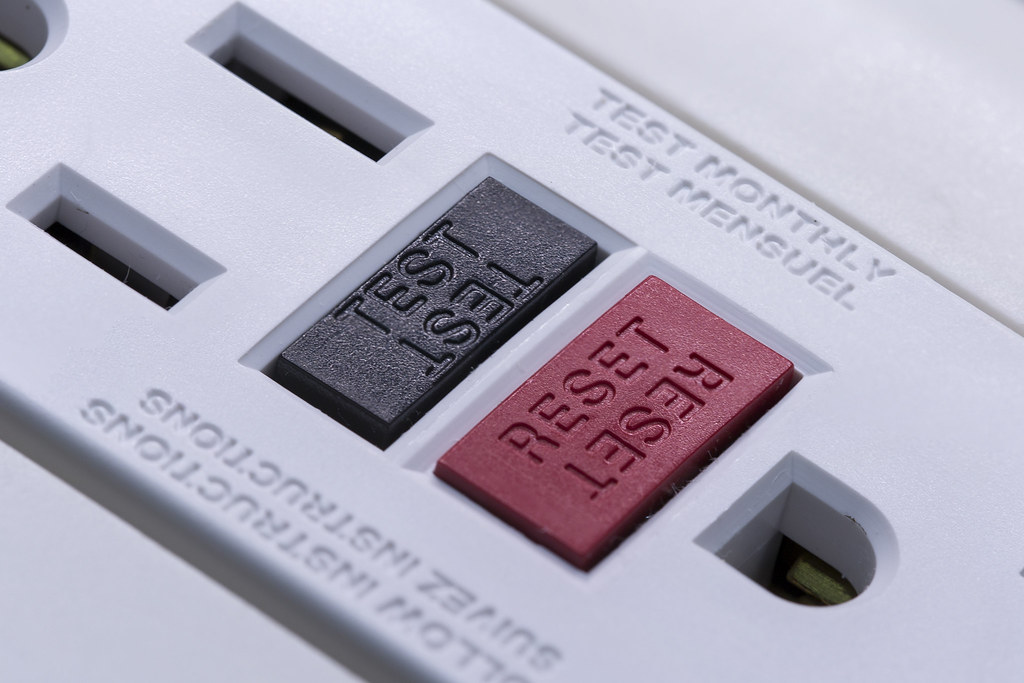
Why You Should Keep Circuit Breakers Maintained
Like any other part of your home, circuit breakers need proper maintenance to function effectively. Here’s why it’s important to regularly inspect and maintain your circuit breakers:
- Ensuring Proper Functionality: Over time, circuit breakers can wear out, especially if they are tripped frequently. An aging or faulty breaker may fail to trip when needed, leaving your home vulnerable to electrical problems and fire hazards. Routine maintenance ensures that all breakers are in good working order.
- Identifying Underlying Issues: Frequent tripping of a circuit breaker can indicate a deeper electrical issue, such as faulty wiring or an overloaded system. It’s crucial to address these issues promptly, as ignoring them can lead to costly repairs or dangerous situations. Regular inspections help spot these problems early.
We highly recommend bringing out a licensed electrician to check your breakers, as they know exactly what to look for and will make the correct recommendations.
Why Choose Prairie Electric for Circuit Breaker Services?
At Prairie Electric, our team of experienced electricians specializes in electrical installation and circuit breaker maintenance. We ensure that your home’s electrical system remains safe and functional. Whether you’re upgrading an old breaker panel or need a professional inspection, our services can help protect your home from electrical hazards.
We also offer generator installation, which can work hand-in-hand with circuit breakers to ensure that your home remains powered during outages. Breakers work with transfer switches to ensure safe power distribution during an outage.
Regular maintenance, such as inspecting your circuit breakers, can prevent unexpected disruptions and ensure that everything runs smoothly when it matters most.
